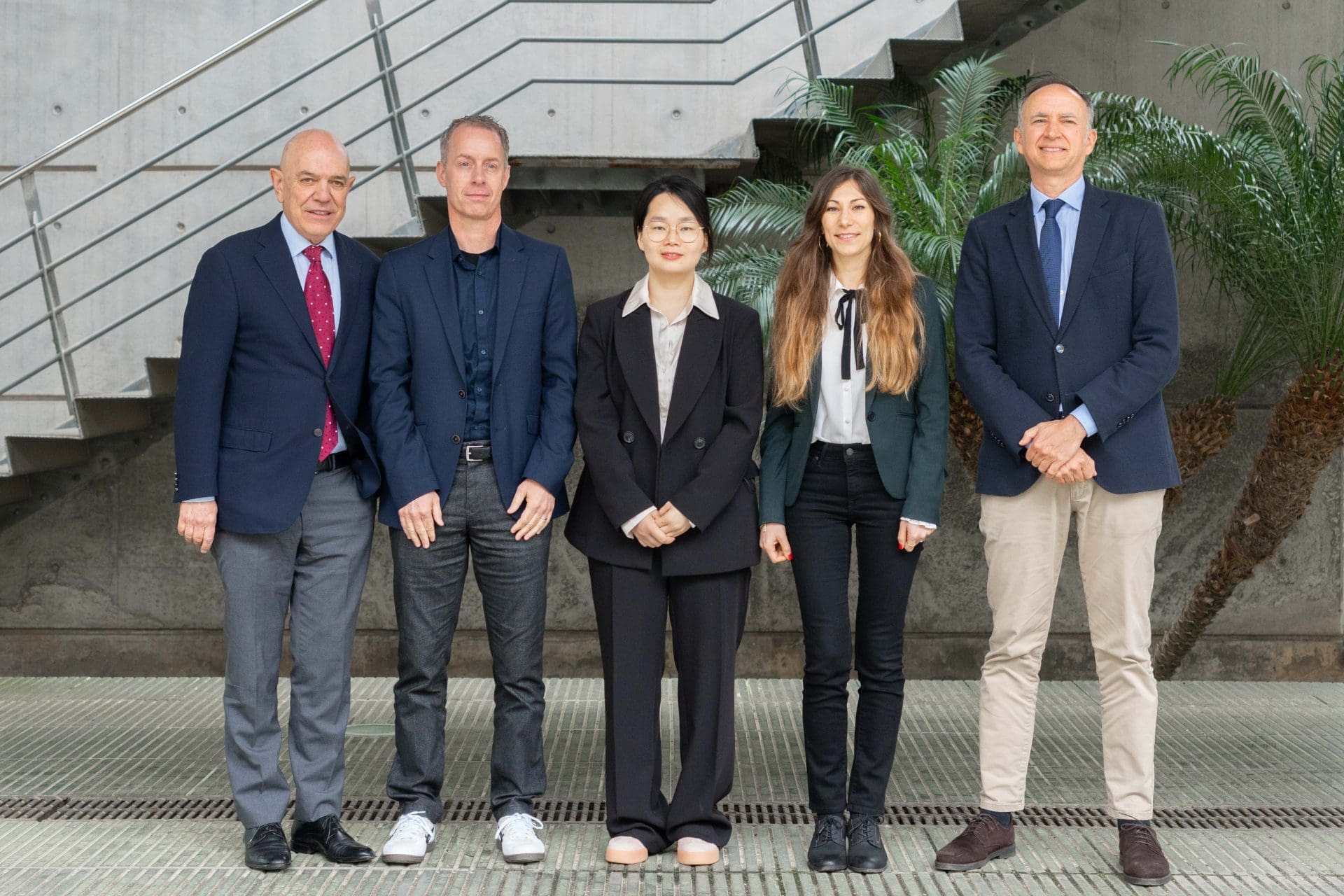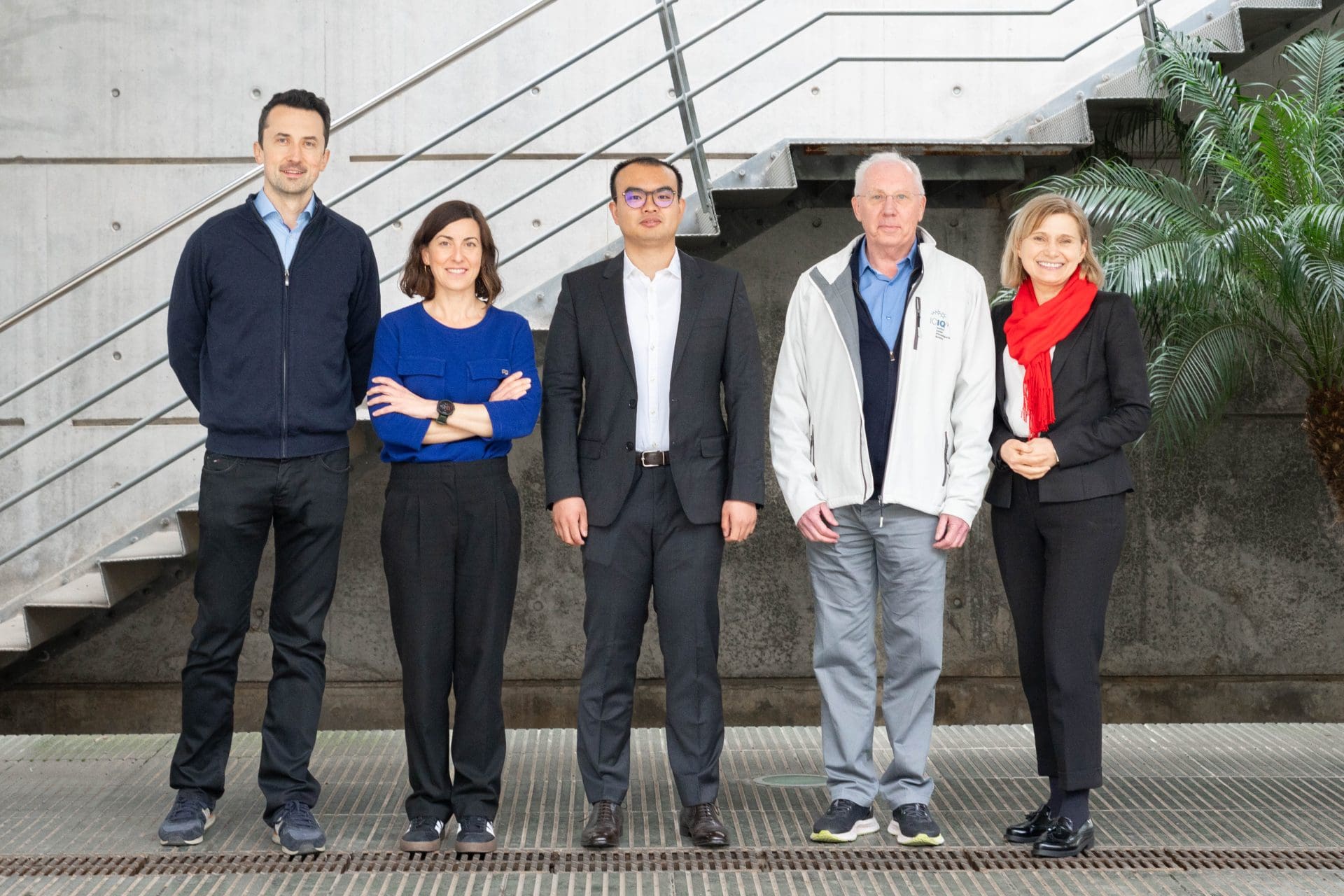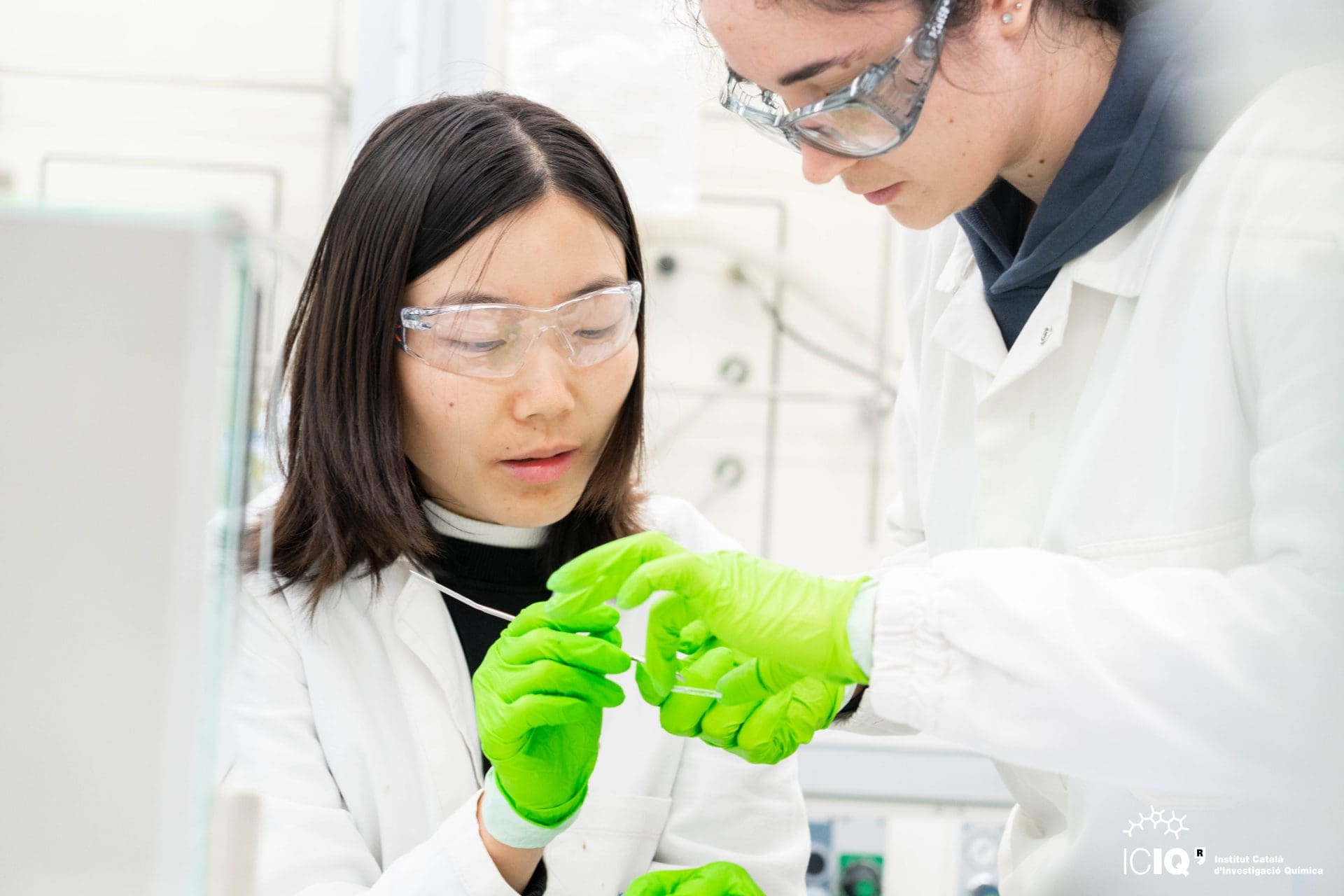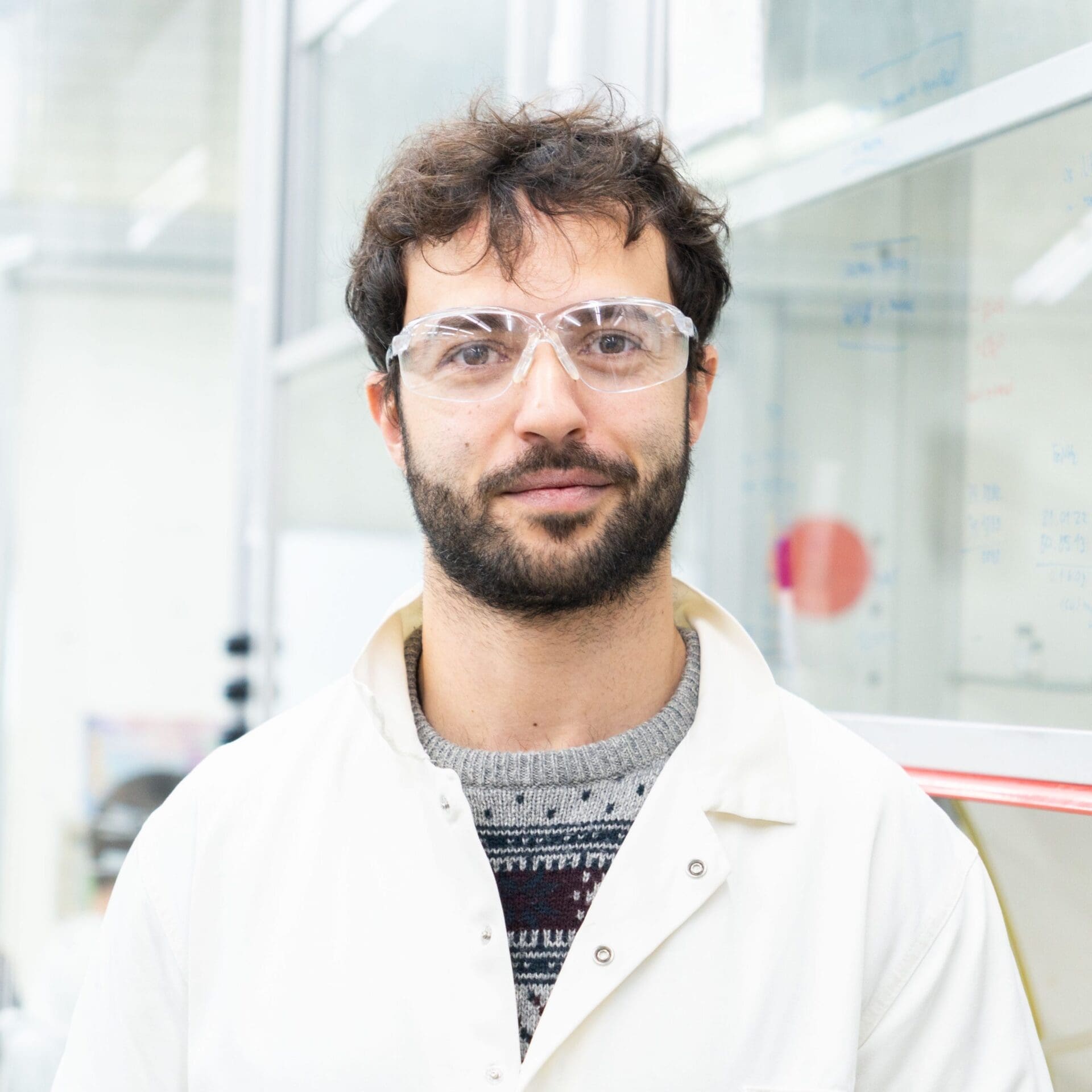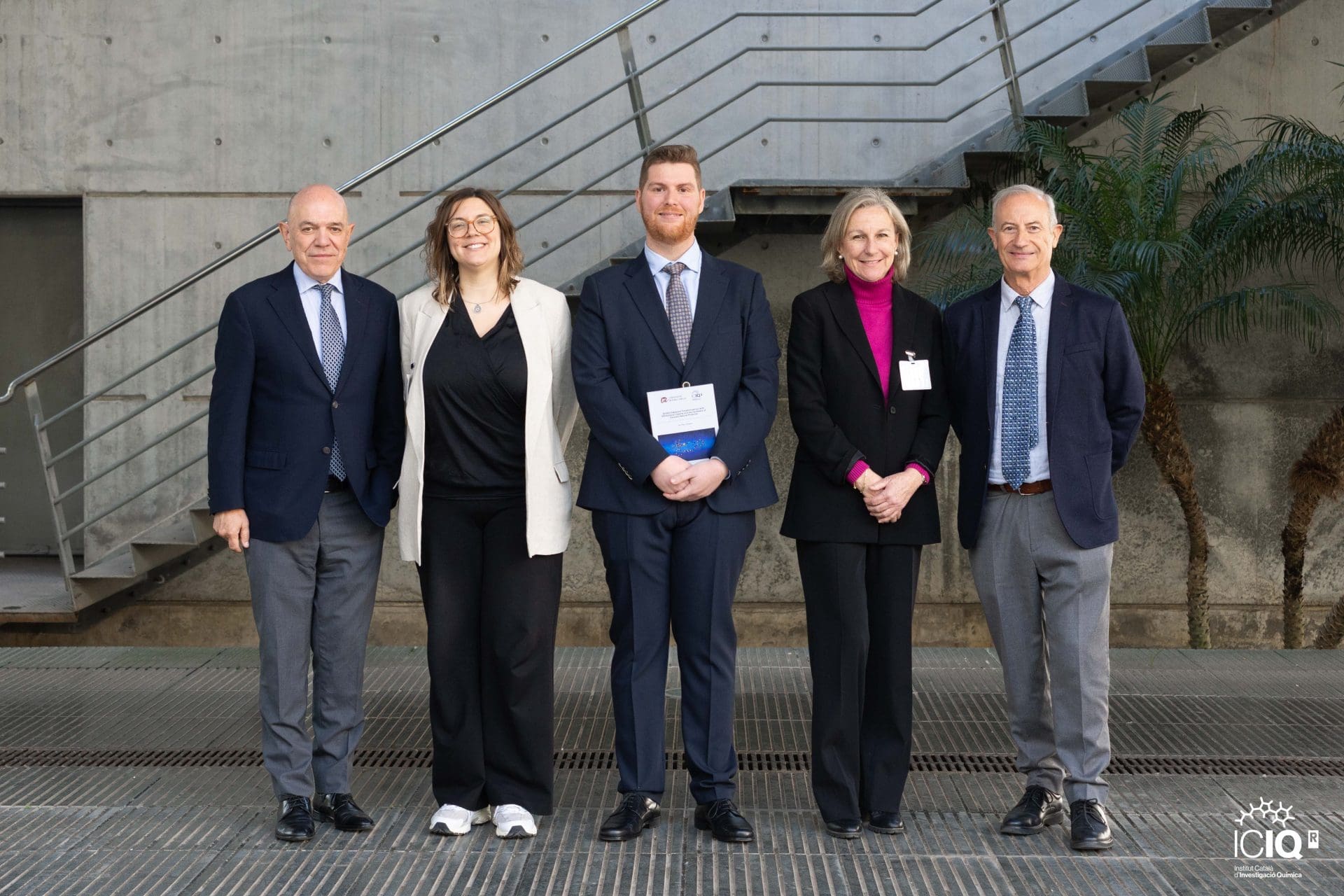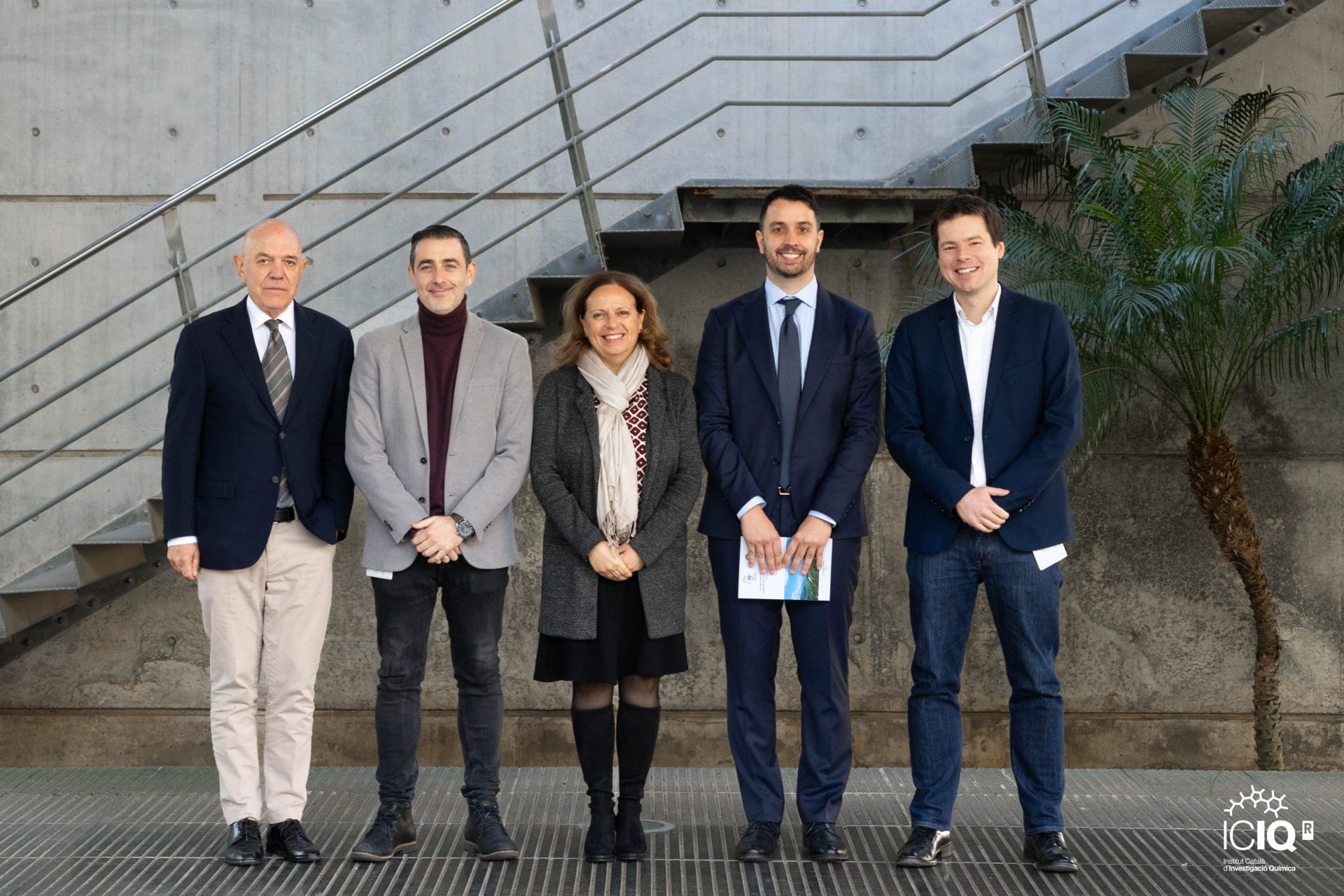Felicitats Dr. Andreu Tortajada!
Andreu Tortajada, PhD student under the supervision of Prof Rubén Martín (ICIQ), has virtually defended his PhD thesis entitled “Nickel-Catalyzed Reductive Carboxylation and Amidation of Organic Matter” (assigned to the Department of Analytical and Organic Chemistry of the Universitat Rovira i Virgili) publicly on November 24th.
The members of the evaluation committee were: Prof. Clement Mazet (Université de Genève), Dr. Mónica Pérez-Temprano (ICIQ), and Prof. Arkaitz Correa Navarro (Universidad del País Vasco/Euskal Herriko Unibertsitatea)
Dr. Tortajada is from Benaguasil, a city near Valencia (Spain). He obtained his Chemistry degree from the Universitat de València and then came to Tarragona for his Master in Synthesis, Catalysis and Molecular Design at the URV. During his PhD, he did an internship at Princeton University thanks to an “Estancias breves y traslados temporales” grant. He plays the saxophone and likes to watch TV series and to read. In Tarragona he discovered aerobic steps and now goes to classes every week.
Why did you become a scientist? What would you want to achieve as a scientist?
I started out with a special interest in science when in my second year of high school I participated in the Physics and Chemistry Olympics. From there, I realized that understanding what was going on around us and being able to discover new things was what I wanted to do.
In my professional future, I would like to continue this path by doing research and helping new generations to understand everything around us.
From the lessons learnt at ICIQ, which one do you value the most?
I would highlight the importance of learning everything you can and to do it without sacrificing your personal life. That’s something I learnt these years thanks to my colleagues and supervisor.
What ICIQ anecdote moment you´ll never forget?
The mix of people and cultures. Thanks to the different origins of the people who have spent some time in the group, I was able to share typical meals from around the world that we prepared at the “International lunch” we organized.
What do you wish you had known at the beginning of your PhD? What advice do you have for someone who’s starting their PhD now?
I wish I had been more confident in trying new ideas and not being afraid to express my opinions.
Where are you going next? What will you do there?
After finishing my PhD, I will take a few months off and then I want to do a postdoc, possibly in Switzerland.
If you were a piece of lab equipment, what would you be?
It would be a Schlenck reaction tube, which I have used for 4 years for reactions with CO2 – it withstands pressure very well!
Related news

Let's create a brighter future
Join our team to work with renowned researchers, tackle groundbreaking
projects and contribute to meaningful scientific advancements








 07-03-2025
07-03-2025 